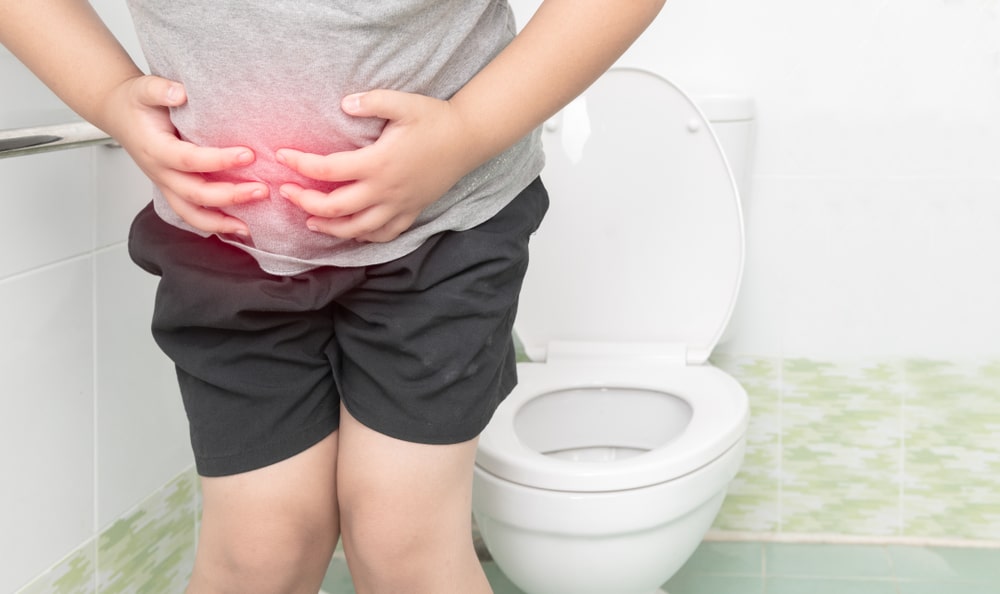Here’s How Avoiding Constipation is important
Chronic constipation is infrequent or difficult bowel movements lasting more than a few weeks. Avoiding constipation is quite important and also a good way to stay healthy.
Constipation is commonly described as he has less than 3 bowel movements per week. Occasional constipation is very common, but some people suffer from chronic constipation and it can affect their ability to perform daily tasks.
Chronic constipation also causes people to have bowel movements. This may cause you to become nervous.
Symptoms of Constipation
Signs and symptoms of chronic constipation include:
1. Fewer than 3 bowel movements per week
2. Have lumpy or hard stools
3. Straining for defecation
4. Feels like your rectum is blocked and is preventing you from having a bowel movement
5. A feeling that the stool cannot be completely expelled from the rectum.
You may need help emptying my rectum.
Constipation can be considered chronic if you have had two or more of these symptoms in the past three months.
Causes of Constipation

Before you think of avoiding constipation, it is important to know its causes.
Constipation most commonly occurs when feces or stool moves too slowly through the digestive tract or does not pass effectively through the rectum, resulting in hard, dry stool.
Chronic constipation can have many causes.
Obstruction of the colon or rectum
A blockage in the colon or rectum can slow or stop the movement of stool. The causes are:
1. A small tear in the skin around the anus (anal fissure)
2. Bowel obstruction (bowel obstruction)
3. Colon cancer
4. Stenosis of the large intestine (intestinal stricture)
Other abdominal cancers that compress the colon
Colon cancer
Protrusion of the rectum through the back wall of the vagina (rectocele)
Risk factor
Factors that may increase the risk of chronic constipation include:
1. Dehydration
2. Eat a low fiber diet
3. Little or no physical activity
4. Taking certain drugs, such as tranquilizers, opioid pain relievers, some antidepressants, and blood pressure lowering drugs
5. Have a mental illness, such as depression or an eating disorder
How can it be treated?
If you are constipated and take the first steps of drinking lots of water, eating fruits and vegetables, moving around and not having a bowel movement, you have a problem.
You should be examined by early treatment is recommended rather than self-treatment at home. Just follow the first three steps.
1. Drink water
- Eat vegetables,
- Exercise.
Talk to your doctor about this if nothing changes after a day
How to prevent constipation?
Avoiding constipation is the same thing as preventing it. The key to preventing or avoiding constipation is very simple. You should drink enough water.
This is one of the ways to preventing and in avoiding constipation, you ought to stick to the rules. Aim for 6-8 cups per day.
Also, to get enough fiber, eat the following foods:
1. Fruits
2. Vegetable
3. Cereals
Fiber is important because most of our stool is actually made up of bacteria, and fiber provides a good place for bacteria to grow, increases stool volume and improves bowel function.
Avoiding Constipation / Prevention
The following will help you avoid developing chronic constipation.
a. Include high-fiber foods in your diet, such as legumes, vegetables, fruits, whole grains, and bran.
b. Reduce your in take of low-fiber foods such as processed foods, dairy products, and meat products.
c. Drink enough fluids.
d. Try to stay as active as possible and exercise regularly.
e. Try to manage your stress.
f. Do not ignore the urge to defecate. Try to establish a regular schedule for bowel movements, especially after meals.
g. Make sure your child is getting enough fiber when they start eating solid foods.
i. Educate the bowel: Laxatives (pharmaceutical preparations and natural vegetable fiber), enemas, glycerin suppositories and other certain remedies may help relieve an acute case, but not chronic constipation.
However, persistent functional constipation is not cured by these measures, which only provide temporary relief. Avoiding constipation requires the learning of good toilet habits from childhood and educating the bowel.
In essence, do not ignore the physiological need to defecate. Try to evacuate at the same time of the day. Perform some type of physical exercise.
Health Benefits of Blueberries
Anxiety and an Anxiety disorder
Anxiety and an Anxiety disorder

A graduate of Computer Science and Information Management Technology. Diploma – Caregiving, Certificates – Dementia and Diabetes Awareness and Management. A researcher, blogger, songwriter, singer and acoustic guitarist. Born in an environment where natural talents such as healing are imparted at our natural birth. This natural talents of healing is the result of our genetic inheritance and the training from family environment.










